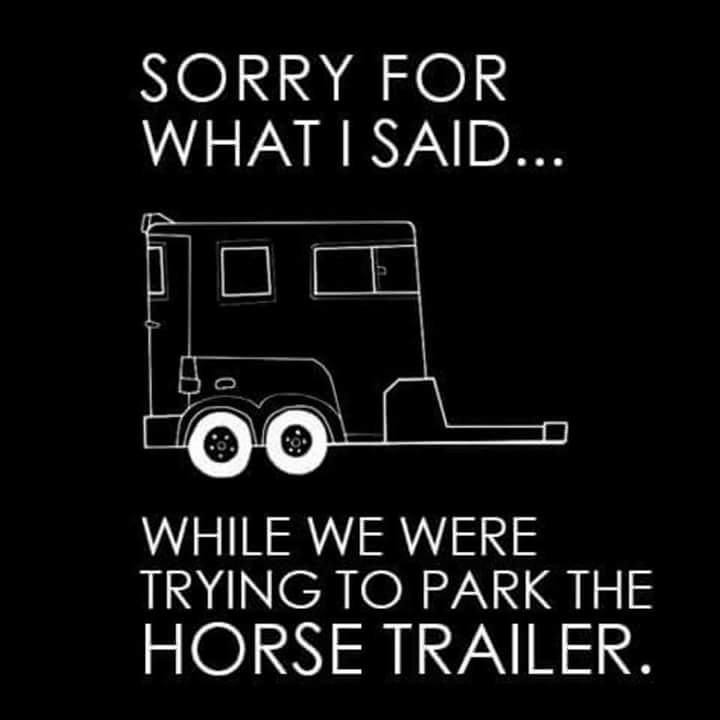Horse Events are on the horizon once more, and there are bound to be a few horse floats that have been parked up for the past few months. Before loading up the float with your mounts, perhaps consider doing a health check to make sure it is in safe working order.
External Condition
Do a walk around the outside of the float, and look for any cracks, rust or paint peel. Consider any repairs that may need to happen. Open all doors, and check integrity of all hinges and locks, and perhaps spray some WD-40 in any stiff or squeeky joints.
Floorboards
Old worn floor boards, that perhaps have been in the harsh sun, and then taken on a lot of rain or urine damage, may not be in a condition for the weight of horses. Getting in under the rubber, and inspecting the floorboards from time to time to see if an repairs are needed, can prevent freak accidents from occurring.
Wheel Bearings and Tyres
The amount of horse float trips that are burdened by blown wheel bearings or flat tyres is quite alarming, but there are a few things that can reduce the risk. Know the tyre pressures needed in the tyres, and check and replenish these regularly, look and listen for tyres punctures, and get any unusual wheel noises checked by a qualified mechanic early.
Brakes and Lights
Run through your brake and indicator lights and make sure they are all working before each trip. Some lights that aren’t working could be as simple as a blown globe to replace, or they may require an auto electrician to attend to the wiring. Most floats these days have electric brakes, so doing a bit of an unloaded check of the brakes at home before loading up, can be a good habit.
Jockey Wheel and Tow Hitches
Have a look at your jockey wheel and towing hitch. What condition are they in? Do they need replacing, or some TLC to be in safe working order? Any grease or WD-40 required anywhere?
Running through this health check of your horse float not only before Horse Events are attended again for the first time in months, but on a regular basis, can make for a much smoother and safer ride for both you and your equines. Knowing when to take your horse float to a horse float repairer, or to a qualified trade person for a particular repair or maintenance can really prolong the life of your float, and prevent the risk of awful accidents occurring. Being able to take our horses out to compete is such a wonderful opportunity, and I am sure that we are all going to be just that extra bit grateful we can again soon.
Feature Image courtesy of Facebook ©
– Skye Skye Pickering Dip. Horse Business Management.

